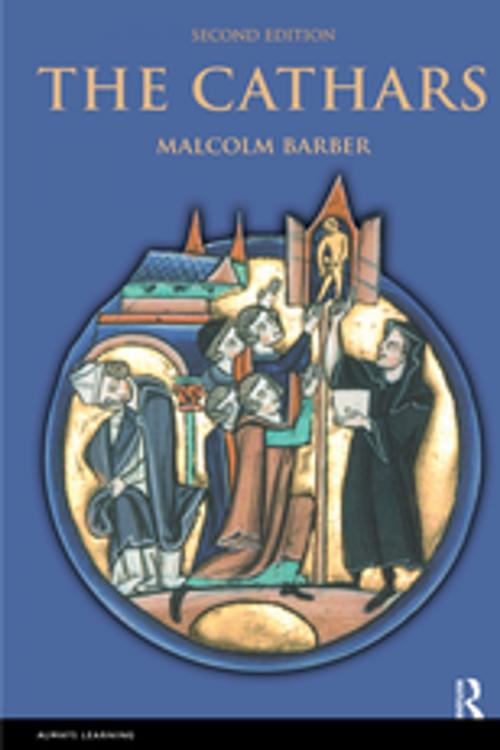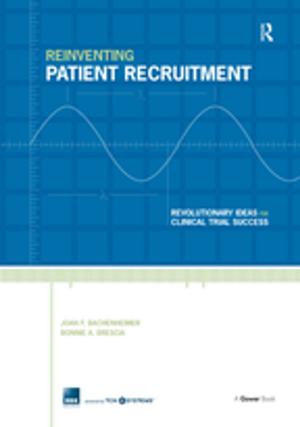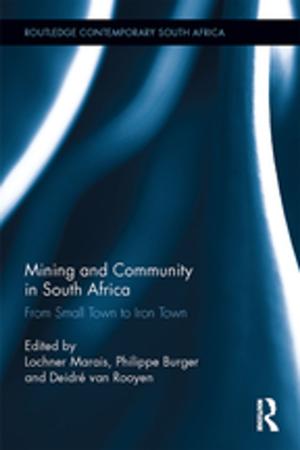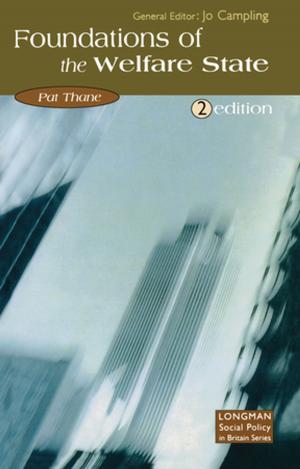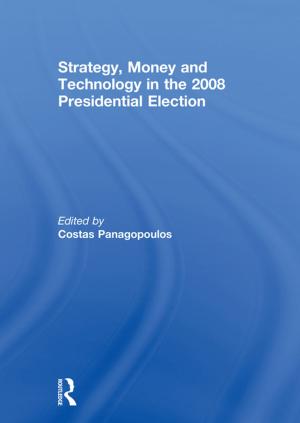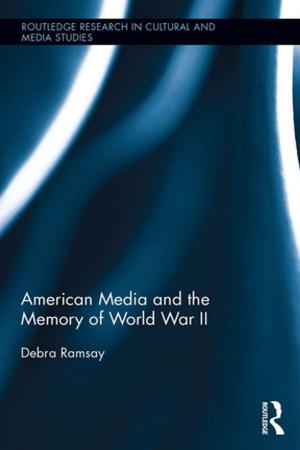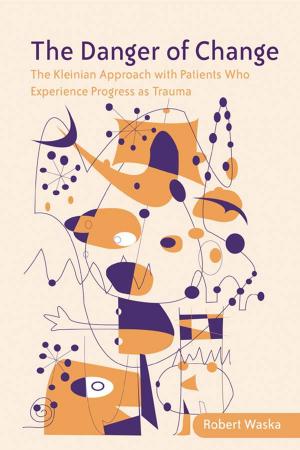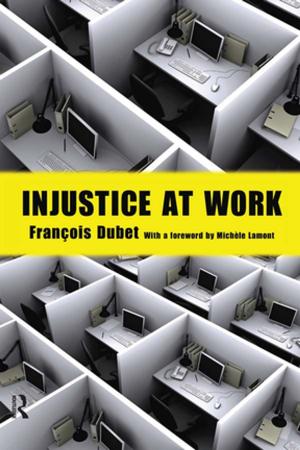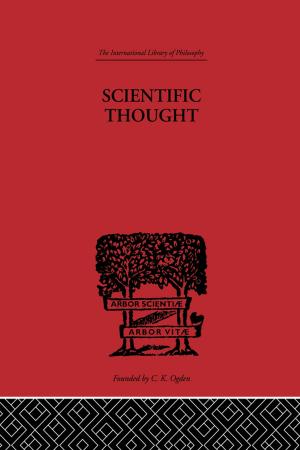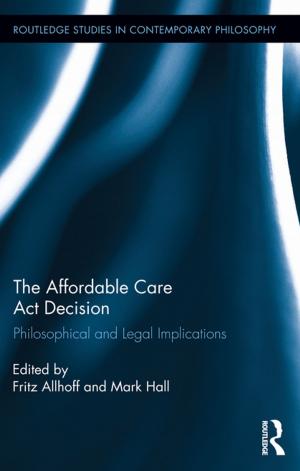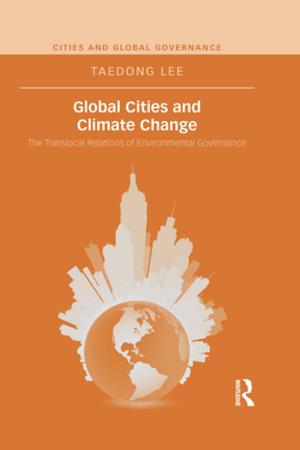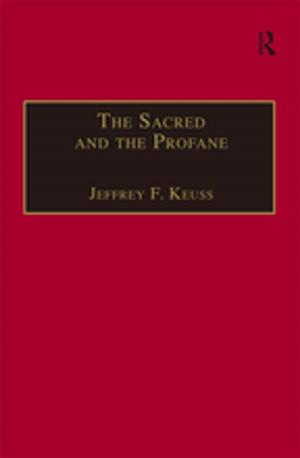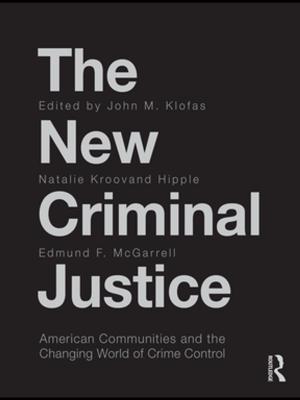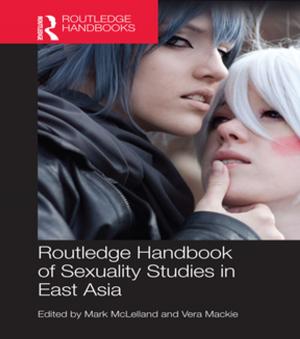| Author: | Malcolm Barber | ISBN: | 9781351223966 |
| Publisher: | Taylor and Francis | Publication: | October 3, 2017 |
| Imprint: | Routledge | Language: | English |
| Author: | Malcolm Barber |
| ISBN: | 9781351223966 |
| Publisher: | Taylor and Francis |
| Publication: | October 3, 2017 |
| Imprint: | Routledge |
| Language: | English |
In the second half of the twelfth century, the Catholic Church became convinced that dualist heresy was taking root within Christian society and that it was particularly strong in southern France. The nature and extent of this heresy and the reaction of the Church to the perceived threat have been the focus of extensive research since the mid-nineteenth century, research which has become especially intense in the last decade. Malcolm Barber's second edition of The Cathars (which first appeared in 2000) brings readers up-to-date with the challenges to previous conclusions of recent scholarship. At the same time, the wider implications of the subject remain relevant, most importantly the fundamental questions raised by the belief in the existence of evil, the ethical problems presented by the use of coercion to suppress forms of dissent believed to threaten the social and religious fabric, and the distortion of the past to underpin present-day policies and arguments.
In the second half of the twelfth century, the Catholic Church became convinced that dualist heresy was taking root within Christian society and that it was particularly strong in southern France. The nature and extent of this heresy and the reaction of the Church to the perceived threat have been the focus of extensive research since the mid-nineteenth century, research which has become especially intense in the last decade. Malcolm Barber's second edition of The Cathars (which first appeared in 2000) brings readers up-to-date with the challenges to previous conclusions of recent scholarship. At the same time, the wider implications of the subject remain relevant, most importantly the fundamental questions raised by the belief in the existence of evil, the ethical problems presented by the use of coercion to suppress forms of dissent believed to threaten the social and religious fabric, and the distortion of the past to underpin present-day policies and arguments.
